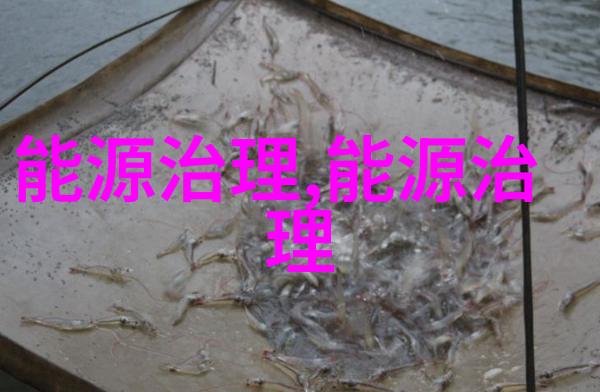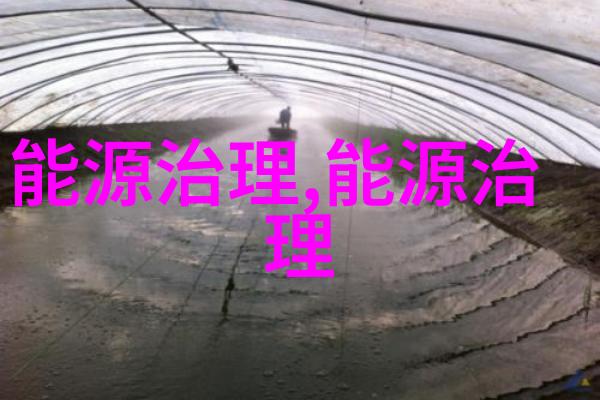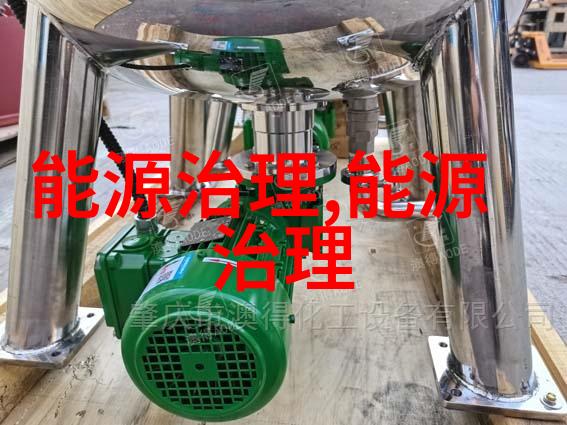沉默的毒液,隐秘的危机

地下水污染现状:沉默的毒液
在我们日常生活中,人们往往忽略了一个潜在但又隐秘的环境问题——地下水污染。尽管它不像空气污染那样显眼,但其对生态系统和人类健康造成的影响却是深远且不可忽视的。这篇文章将探讨地下水污染现状及其对社会带来的负面影响。

Underground Pollution: The Silent Killer

1.1 The Sources of Underground Pollution
groundwater pollution occurs due to various human activities and natural processes. Industrial waste, agricultural runoff, sewage effluent, and even household chemicals can all seep into the soil and contaminate the groundwater.

1.2 The Consequences of Underground Pollution
The contamination of groundwater can lead to severe health problems for both humans and animals who rely on it as a source of drinking water or food production. In addition, it also threatens the ecological balance by affecting aquatic life in rivers and lakes that receive polluted water from underground sources.

Uncovering the Truth: Assessing Groundwater Quality
2.1 Monitoring Groundwater Quality
Regular monitoring is crucial for understanding the extent of groundwater pollution across different regions worldwide. This involves collecting samples from wells, springs, or aquifers and analyzing them for contaminants such as nitrates, pesticides, heavy metals (e.g., lead), volatile organic compounds (VOCs), bacteria like E coli or Salmonella.
2.2 Global Groundwater Depletion & Contamination Map
According to recent studies published by international organizations like UNESCO's World Water Assessment Programme (WWAP) or United Nations Environment Programme (UNEP), more than one-third of global freshwater resources are already contaminated with pollutants harmful to human health.
Taking Action: Mitigating Groundwater Pollution Risks
3.1 Strict Regulations & Enforcement Mechanisms
Legislation plays a vital role in preventing further degradation of our precious water resources through proper regulation over industries emitting hazardous substances into landfills or sewers that eventually pollute groundwaters beneath these areas.
4 Conclusion: A Call to Action Against Underground Water Contamination
In conclusion, while we have made some progress towards addressing this issue at local levels by implementing better management practices within industrial sectors along with stricter regulations on wastewater disposal methods,
There remains an urgent need for increased awareness among policymakers about how they must work together across countries borders,
Encourage public participation in efforts against pollution,
Develop sustainable technologies capable enough to clean up existing contaminated sites effectively without causing additional environmental harm.
As individuals living on this planet called Earth,
we share responsibility for protecting its most valuable resource—our precious underground waters—and ensuring their safety now so future generations may continue benefiting from them too!




